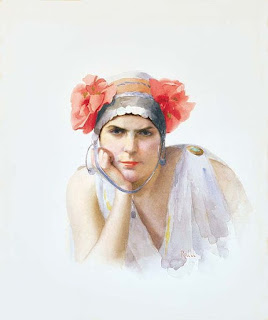It’s just so tempting to want revenge. Whether a supposed friend hurt you, or a partner cheated on you, or a coworker undermined your work—you want to get even. Betrayal is the
most awful feeling, and the thoughts and fantasies of revenge can indeed feel so sweet.
Certainly those initial thoughts of revenge may even be a little bit healthy. (I’m always suspicious of someone who forgives too soon, or who gets all gooey and spiritual the same day they get their butt kicked—I mean you gotta get mad first.) But that sweetness can become toxic after a while and that toxicity will end up hurting you much more than the one who caused the hurt.
In AA we learn a lot about the downside of holding onto grievances even as we hope to be forgiven for the things we did. (Yes, bumper sticker: “We are Not Saints”.)
When I get really stuck I go to a favorite book called, “How Can I Forgive You?” by Janis Abraham Spring, and read the questions that include:
*What am I really after? His destruction or my peace?
*Does it matter what happens to her so long as I restore my self-esteem and my good life?
*If he/she won’t acknowledge my pain, where else can I go for comfort and support?
And then I do a double batch of prayer and reading, and reading and prayer.
Here is just one of the great things I’ve read this week on the topic of forgiveness: “Forgiveness is letting go of all hope for a better past.” –that’s from novelist Gina Berriault.

